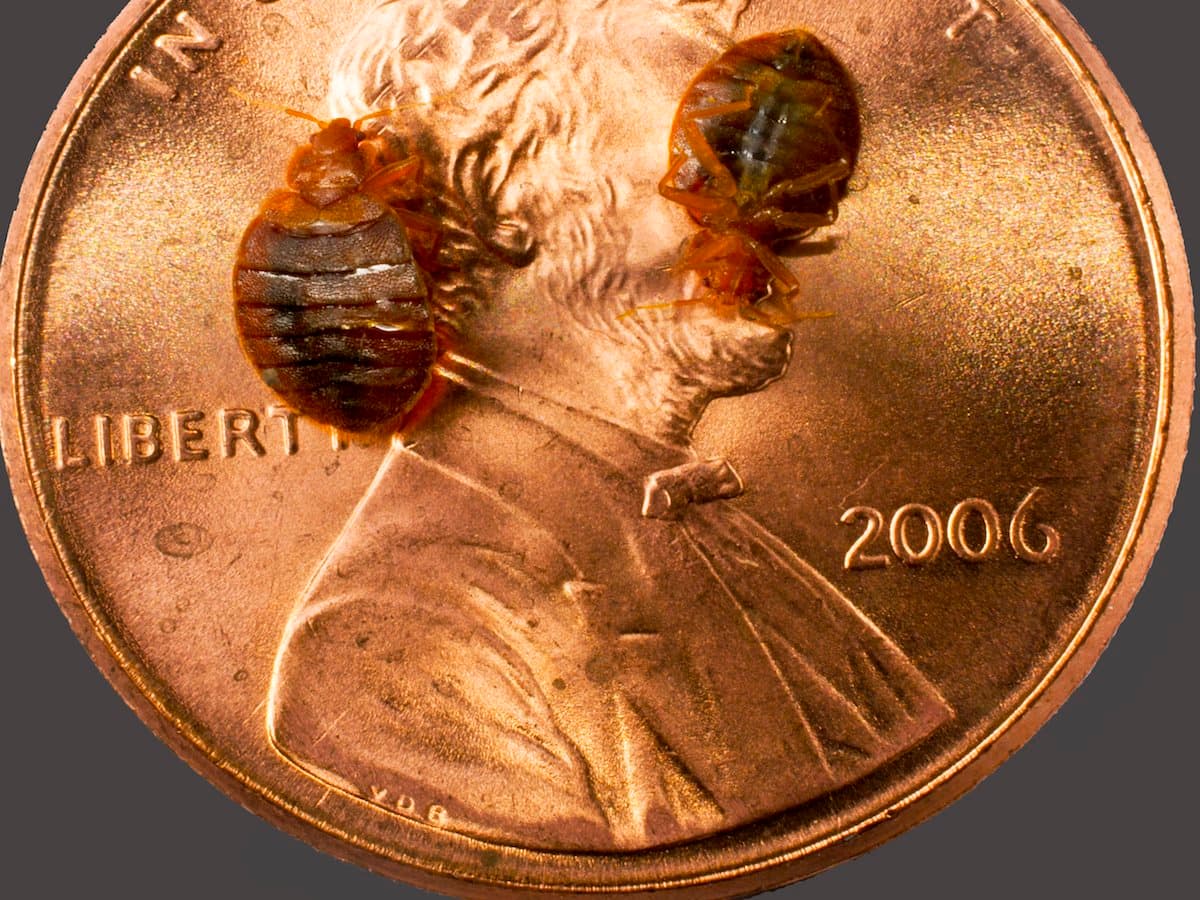Comprehensive A1 Bed Bug Extermination in Houston Location
Wiki Article
Comprehending the Lifecycle of Pests for Targeted Control Strategies
Comprehending the lifecycle of pests is an essential aspect of effective parasite monitoring methods. With a deeper understanding of just how parasites develop and grow, customized control strategies can be developed to attend to particular factors in their lifecycle, ultimately leading to more effective insect management end results.Value of Comprehending Bug Lifecycle
Comprehending the lifecycle of parasites is essential for developing efficient and targeted control methods in bug management. By comprehending the numerous stages a pest undergoes from egg to adult, pest control experts can recognize vulnerable points in the lifecycle where intervention can be most successful. Recognizing when larvae are most energetic can help determine the optimal timing for applying larvicides. In addition, recognizing the life expectancy of an insect varieties can help in forecasting population growth patterns and prospective problem threats.In addition, recognizing the details ecological conditions needed for every phase of the bug's lifecycle can assist decisions on habitat alteration or exclusion techniques to minimize and interfere with the lifecycle parasite populations. This knowledge enables pest monitoring specialists to execute aggressive steps as opposed to depending only on responsive treatments, causing even more sustainable and long-term parasite control remedies. Eventually, an extensive understanding of parasite lifecycles encourages pest control professionals to customize their strategies successfully, making best use of and decreasing ecological effects control results.
Trick Phases in Parasite Development
To efficiently apply targeted control strategies in parasite administration, an essential facet lies in adequately determining and recognizing the key phases in bug development. Bug growth usually is composed of several crucial phases that are important for their lifecycle and administration.

Susceptabilities in Bug Lifecycle
Throughout the various stages of an insect's lifecycle, distinct vulnerabilities emerge that can be strategically targeted for efficient control procedures (A1 Bed bug Exterminator houston). One critical vulnerability exists in the egg phase, where bugs are usually extra prone to particular pesticides or organic control agents due to their soft external shell, making them simpler targets for intervention. Recognizing these susceptabilities in the parasite lifecycle is vital for developing efficient and specific control approaches that efficiently manage insect populations while lessening ecological impact.Carrying Out Targeted Control Actions

Carrying out targeted control actions usually entails a multi-faceted technique. This might include environment modification to make the setting less welcoming to pests, such as eliminating standing water for insect control or sealing access factors for rats. Furthermore, biological control techniques can be utilized, where natural predators or virus are introduced to maintain parasite populaces in check.
Integrated Insect Management (IPM) techniques that combine various control actions in a collaborated and lasting fashion are usually the most reliable in accomplishing long-lasting bug administration goals. By applying targeted control procedures based on a comprehensive understanding of pest lifecycles, bug populations can be successfully regulated while minimizing dangers to human health and the atmosphere.
Boosted Pest Administration Practices

Additionally, the unification of organic control agents, such as natural predators or pathogens of parasites, can aid lower dependence on chemical pesticides and promote a more well balanced ecological community. Applying physical obstacles and traps can likewise be component of boosted parasite monitoring practices, using safe and targeted options for parasite control. Furthermore, using scents and various other semiochemicals can disrupt pest breeding patterns and communication, resulting in decreased parasite populations over time.
Conclusion
To conclude, comprehending the lifecycle of bugs is vital for effective parasite administration methods. By identifying crucial stages in view publisher site bug advancement and vulnerabilities in their lifecycle, targeted control procedures can be implemented to minimize insect populations. Boosted bug management techniques can assist minimize the reliance on broad-spectrum pesticides and promote more eco friendly and sustainable insect control techniques. This knowledge plays a vital duty in keeping healthy and balanced ecological communities and agricultural productivity.Recognizing the lifecycle of insects is essential for establishing effective and targeted control techniques in bug monitoring. By comprehending the various stages an insect goes with from egg to grownup, bug control experts can identify prone points in the lifecycle where intervention can be most effective. Inevitably, a thorough understanding of parasite lifecycles encourages insect control professionals to customize their approaches successfully, maximizing and decreasing environmental influences control outcomes.
By implementing targeted control measures based on a detailed understanding of insect lifecycles, bug populaces can be properly controlled while lessening threats to human health and the environment.
By determining essential stages in bug development and susceptabilities in their lifecycle, targeted control procedures can be carried out to lessen bug populations.
Report this wiki page